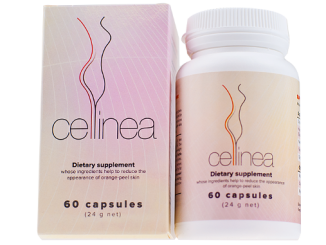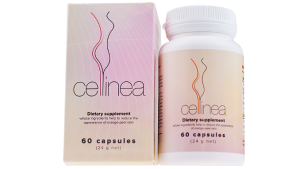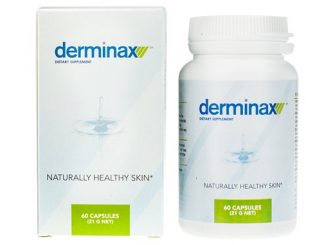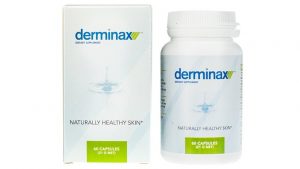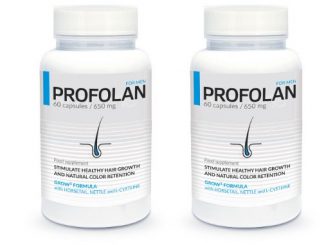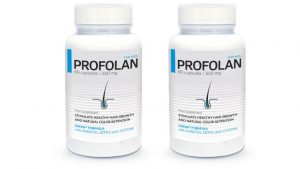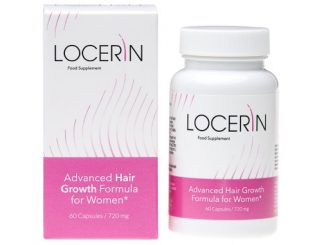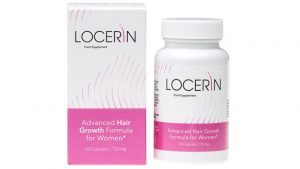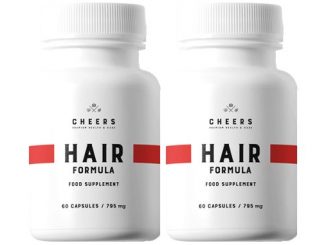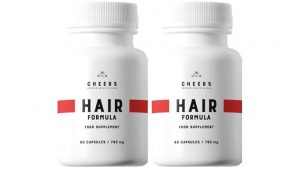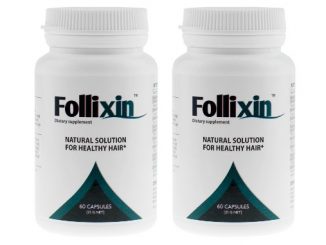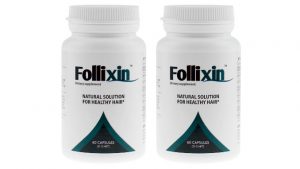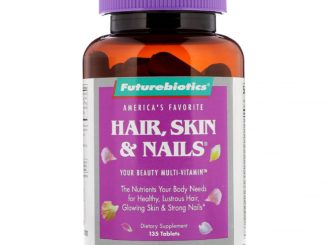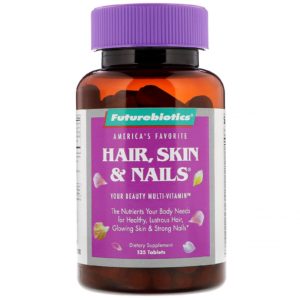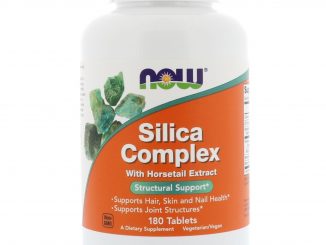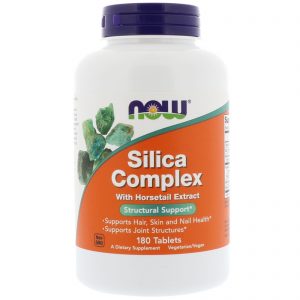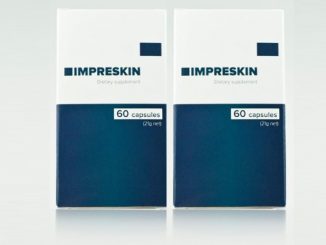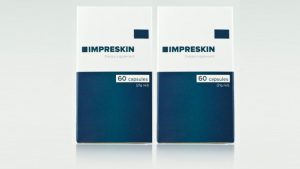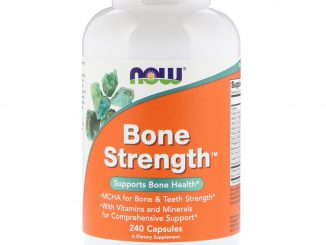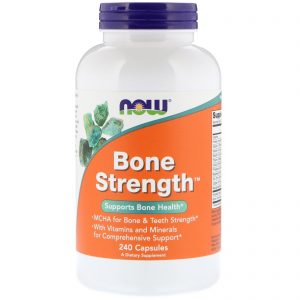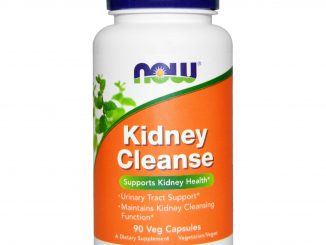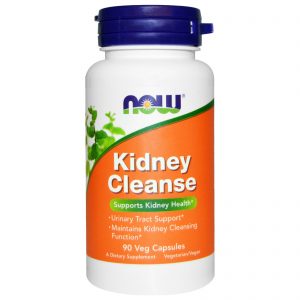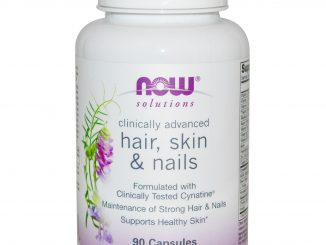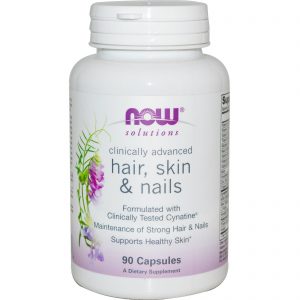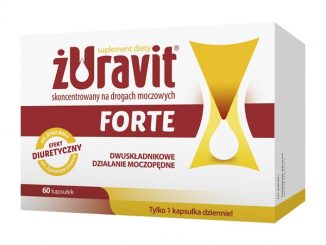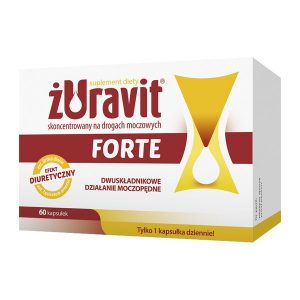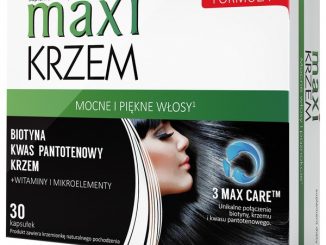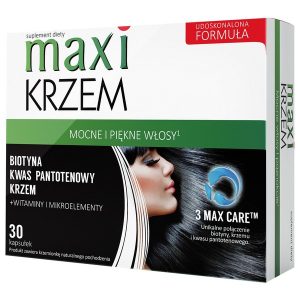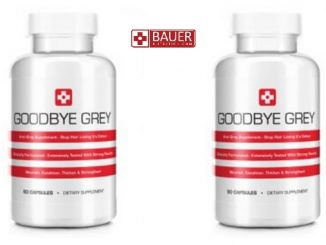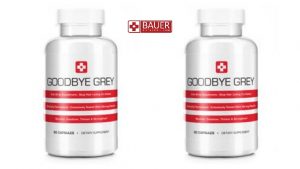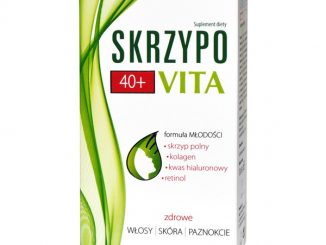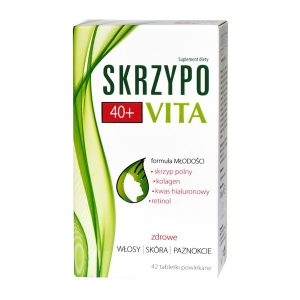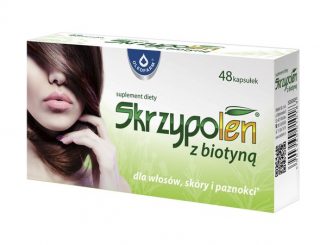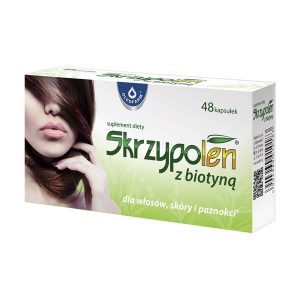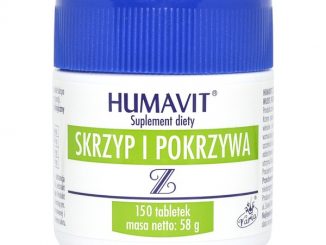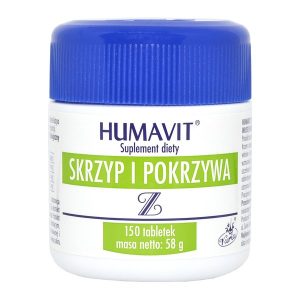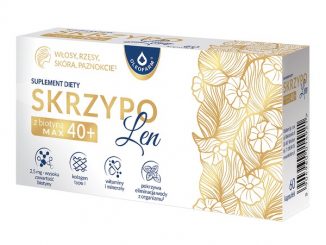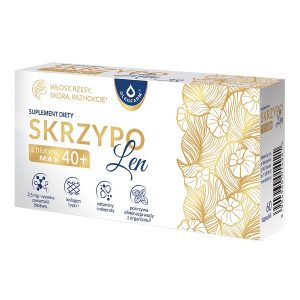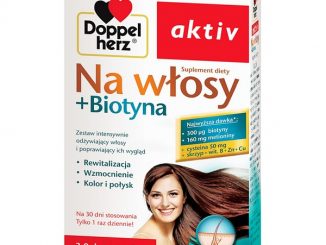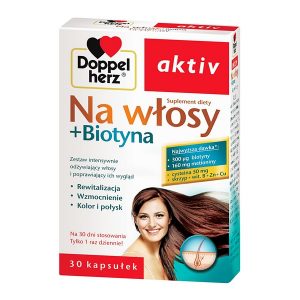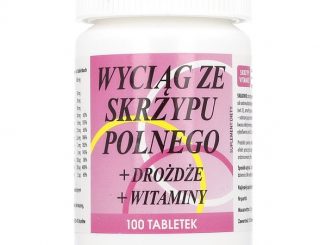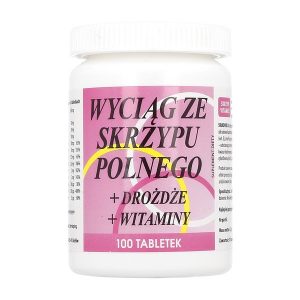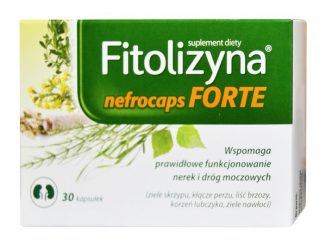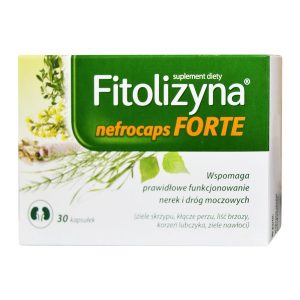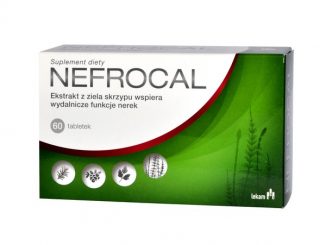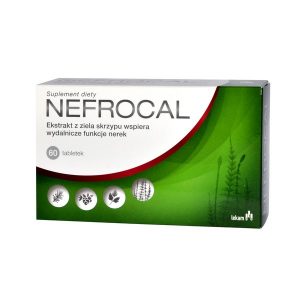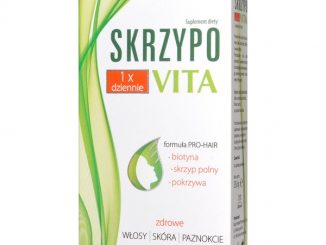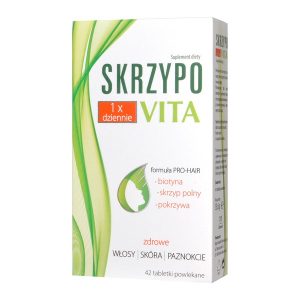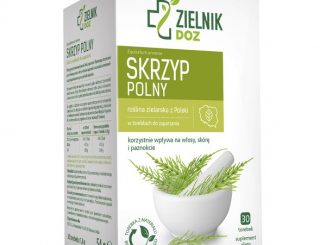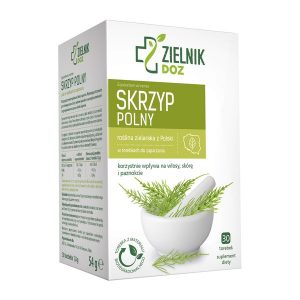The properties of Horsetail
Field horsetail (Equisetum arvense) is a herb that grows mostly in Europe. Horsetail extract prevents dandruff and hair loss. It also improves hair elasticity and vitality. The extract is a great source of easily assimilable silica, potassium, magnesium, quercetin and vitamin C. It is confirmed by numerous researches, among others the ones conducted by specialists from University of Maryland Medical Center. Presence of this ingredient in preparation guarantees strengthening of hair from the inside by feeding hair bulbs with vitamins and many other microelements essential for general improvement of hair condition.
Natural horsetail extract contains 10–20% minerals, of which over 66% are silicic acids and silicates; alkaloids, including nicotine, palustrine and palustrinine; flavonoids, such as iso-quercitrin and equicertin; sterols, including cholesterol, isofucosterol, campesterol; a saponin equisitonin, dimethyl-sulphone, thiaminase and aconitic acid.
Silica, supporting the production of collagen, necessary for tissues found in hair, skin, and nails. Plays an important role in bones, connective tissue, and cartilage construction.
Diuretic action of the herb is attributed to its flavonoid and saponin constituents.
Indications
Internal use
- Osteomuscular disorders: osteoporosis, fractures, rheumatism, rachitism, arthritis, arthrosis, etc.
- Genitourinary disorders: cystitis, urethritis, prostatitis, urethritis, pyelonephritis, renal lithiasis, vulvovaginitis, enuresis.
- Oliguria, edemas, post-traumatic edema and urinary retention.
- Hyperazotemia, hyperuricemia, gout.
- Sportspeople: ligament distention, joints damage, whenever greater physical effort is required.
- As a helper in treating obesity with liquid retention, weight swinging, cellulite, etc.
- Lung infections: tuberculosis (these people show low levels of silica) bronchitis.
- Asthenia, fatigue and convalescence.
- Hemorrhage: hematuria (blood present in urine), metrorrhagia (abnormal uterine bleeding), hypermenorrhea (heavy menstrual flow), hemoptysis (coughing up of blood from the respiratory tract) intestinal hemorrhages, etc.
- Hyperchromic anemia or by medullary deficiency.
- Arterial hypertension.
- Arteriosclerosis prevention (people suffering from this disease show low silica levels. Silica helps to fix and use calcium in the body and protects arteries against fatty deposits).
- Prevention of baldness, dandruff, fragile and brittle fingernails, flabby skin, prevent and diminish stretch marks, wrinkles, restrain skin aging.
- Diarrhea.
- Gastroduodenal ulcers.
External use
- Hard to heal wounds, eczemas, dermatitis, erythema, torpid ulcer on the skin, abscesses, varicose ulcers, burns (poultice).
- Hemorrhages: epistaxis (nose bleeding) nose washes in cold, etc.
- Bleeding hemorrhoids (sitz baths).
- Sprains.
- Chillblains, plantar hyperhidrosis.
- Oral disorders (gargles and washes): oral ulcerations, parodontopathies, stomatitis, pharyngitis.
- Corneal ulcerations, blepharitis, conjunctivitis, stye, swollen or painful eyes.
- Inflammation or infection in the vulva and vagina: vulvitis, vulvovagintis, vaginitis.
- Breast atony or mammary flaccidity (Internal use support).
- Weak and brittle hair, dandruff.
- Light bleeding colitis (enema).
- Horsetail decoctions concentrations can be used to combat plagues from the orchard, fruit trees, etc. in a very ecological way. It is also used to eliminate fungi and insects when used along with nettle.
Read also: 5 Wellness Benefits of the Horsetail Plant.



























































